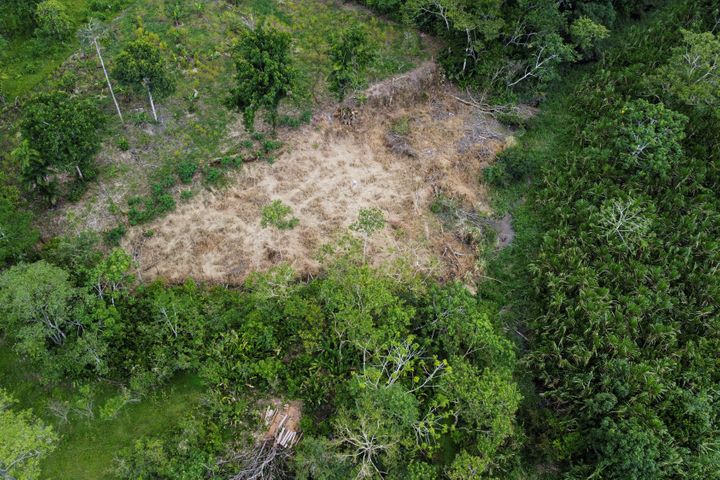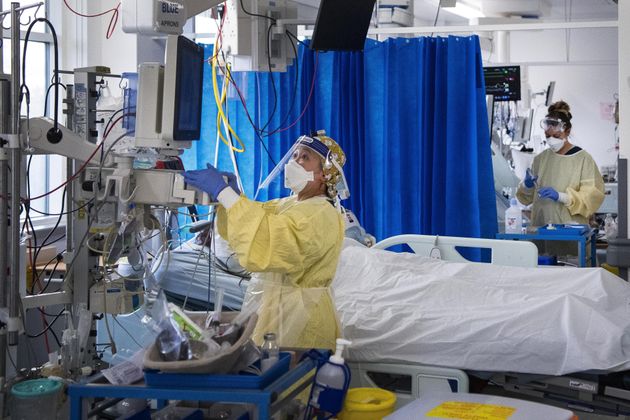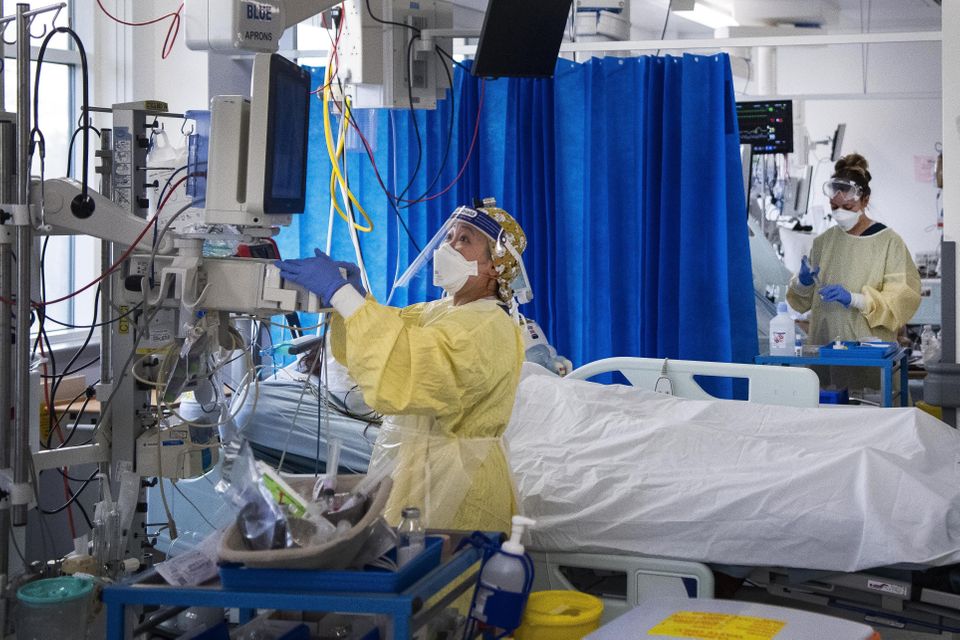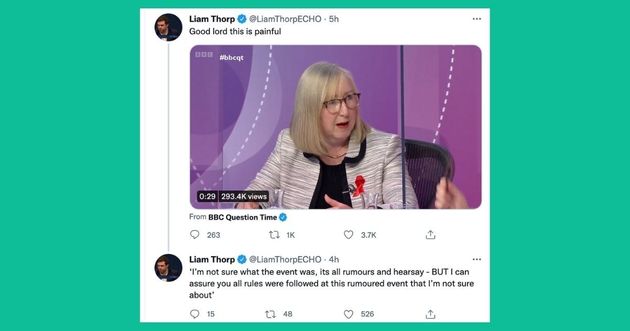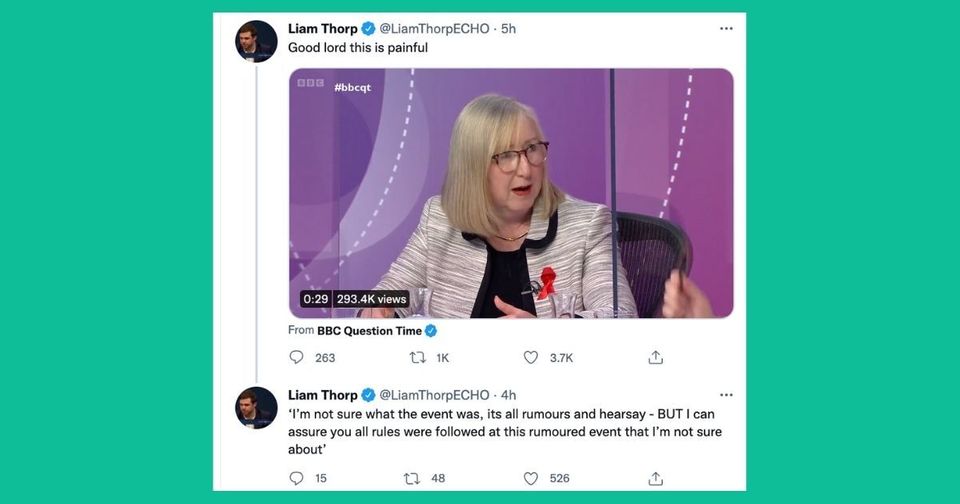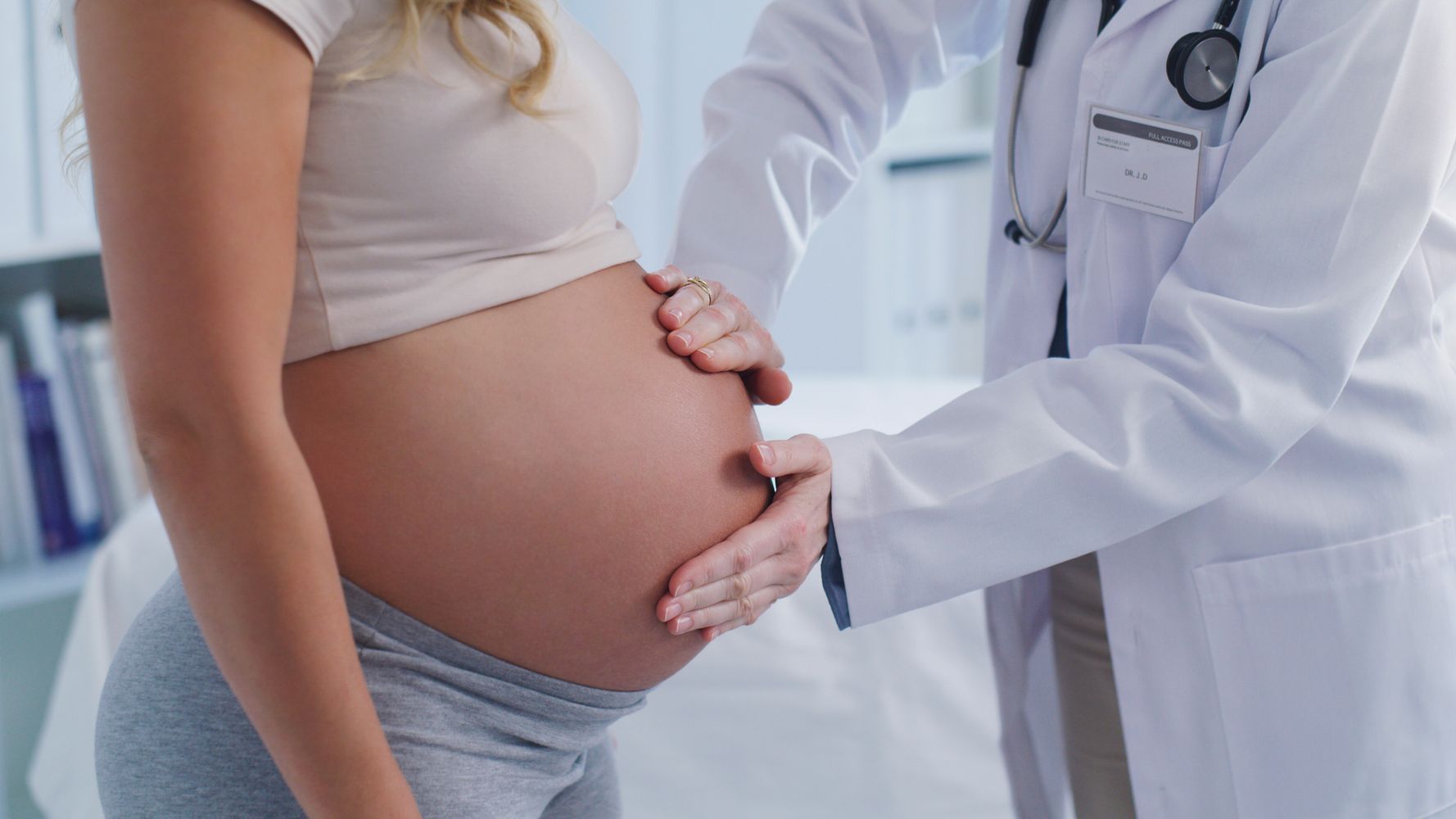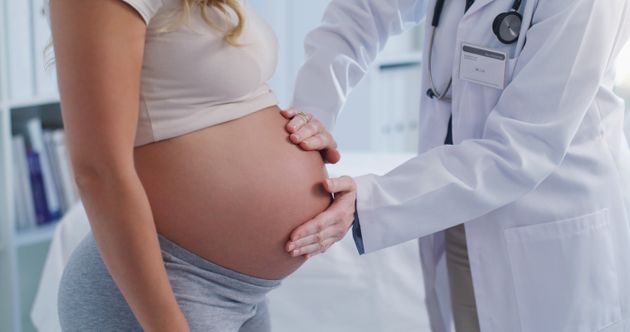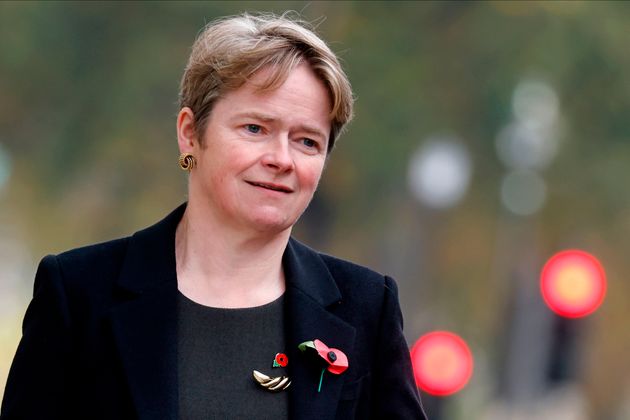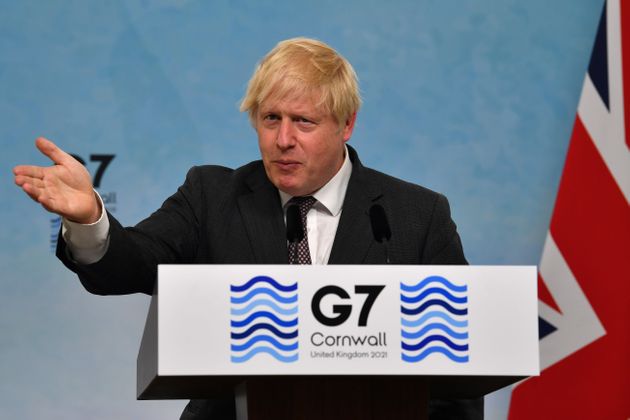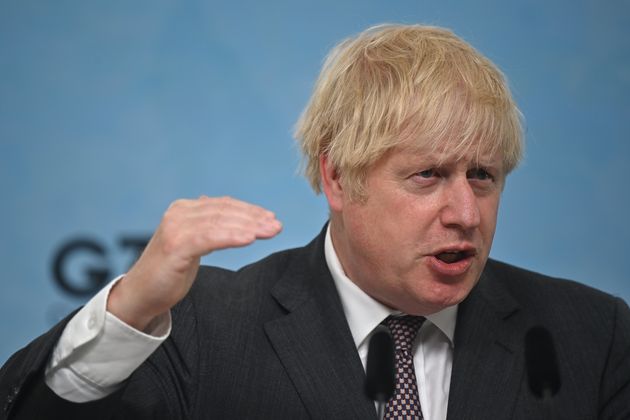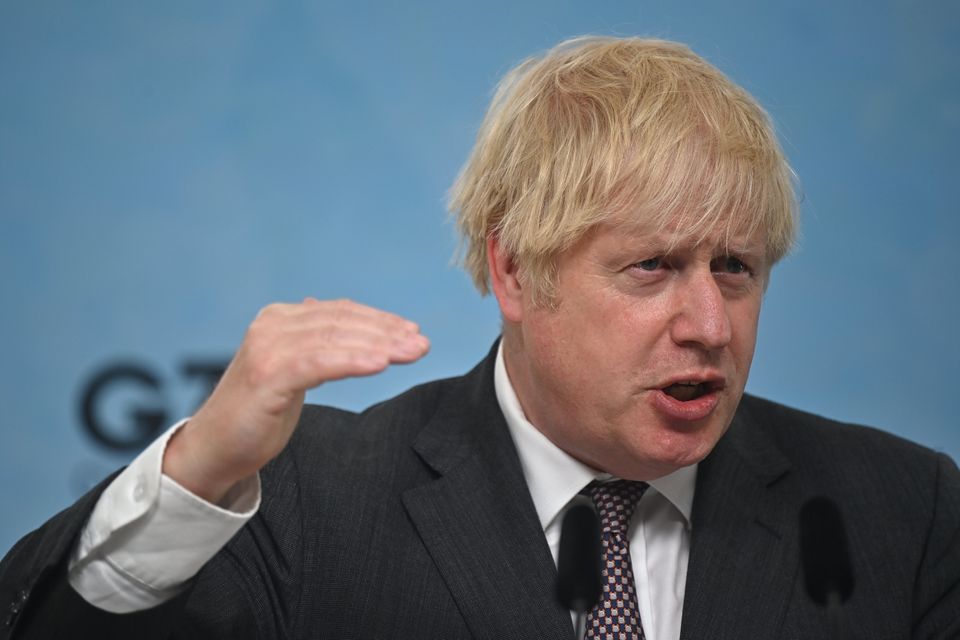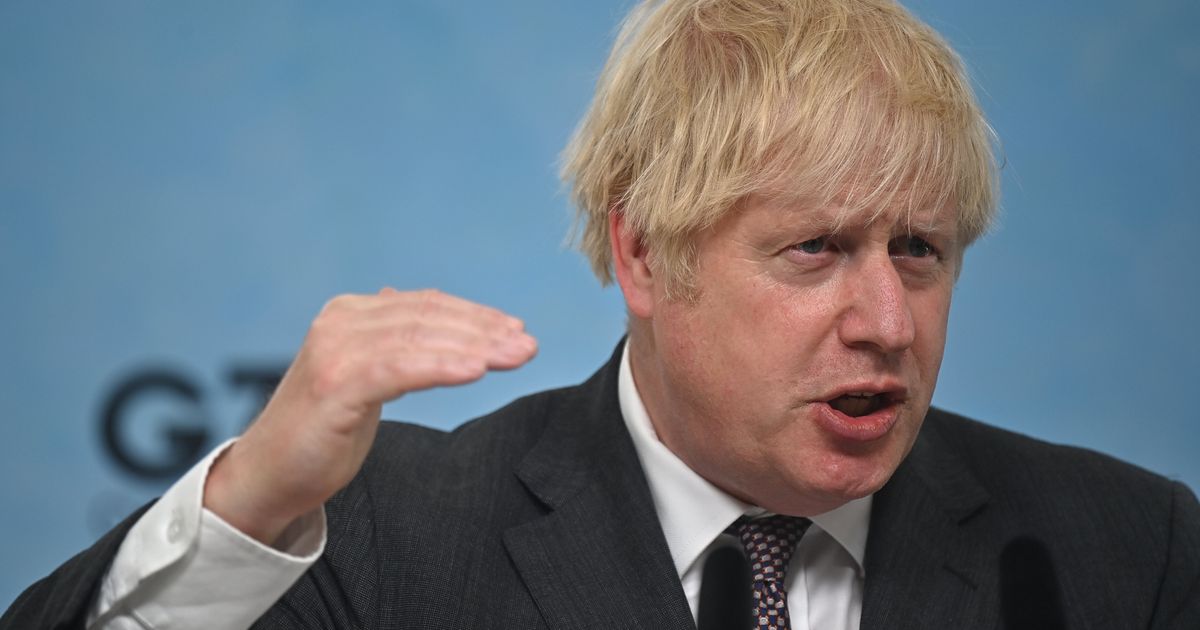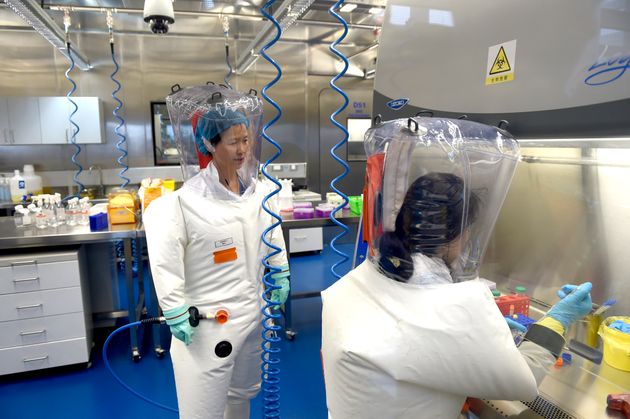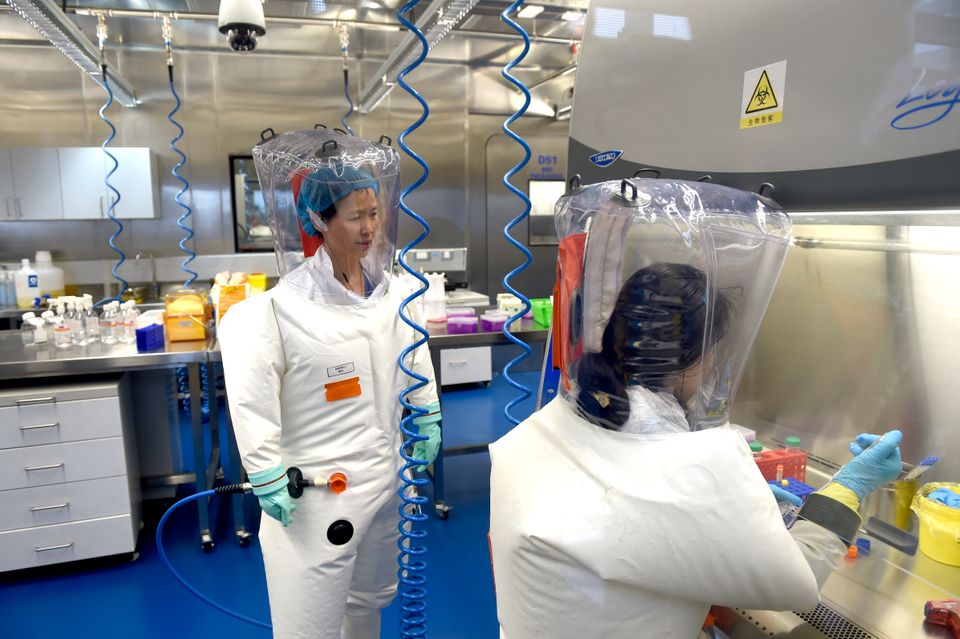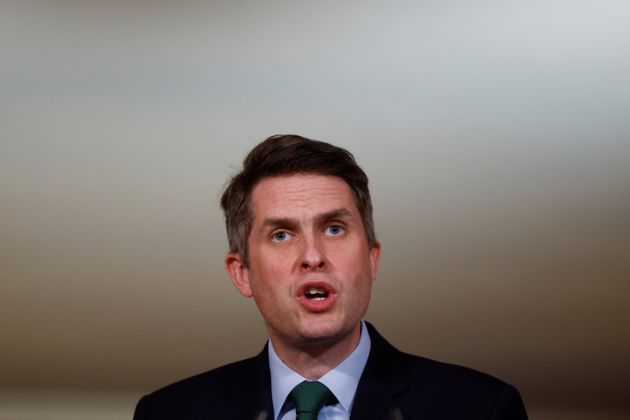Downing Street has ruled out introducing any further restrictions this side of Christmas, but it remains unclear if this will change once the festive season is over.
As Omicron has swept through London at an alarming rate, making it the epicentre for the virus in the UK in just a few weeks.
Advertisement
So when it comes to weighing up the impact of Omicron and the potential damage from new Covid measures, the government and its scientific advisers are expected to look to the capital first to gage just what this new variant might do.
What’s going on in London?
Advertisement
Covid cases in London are increasing rapidly.
According to London.gov.uk, 20,491 people tested positive on Tuesday 21 December.
Advertisement
For the week ending 16 December, there were more than 800 positive cases per 100,000 population in every London borough.
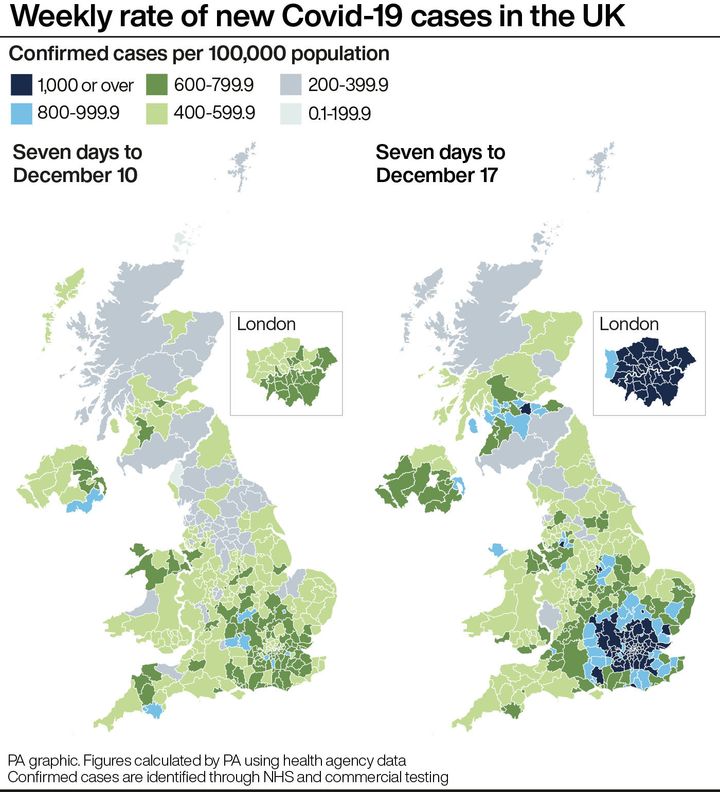
PA Graphics/Press Association Images
There were 1,904 total patients in London hospitals with Covid on Tuesday, up by approximately 600 compared to Tuesday 14 December.
On Sunday 19 December, 245 new patients were admitted to hospital in London with Covid.
There were 201 Covid patients in ventilation beds in London, an increase of seven since last week, and 19 people died in the city’s hospitals after testing positive for Covid.
Advertisement
According to Jane Merrick in the i, experts are most interested in the hospitalisation rate.
If the hospitalisations exceed around 400 Covid patients a day in London, that could put intense pressure on the NHS – meaning the virus was causing too much damage to the health service and more restrictions would be needed.
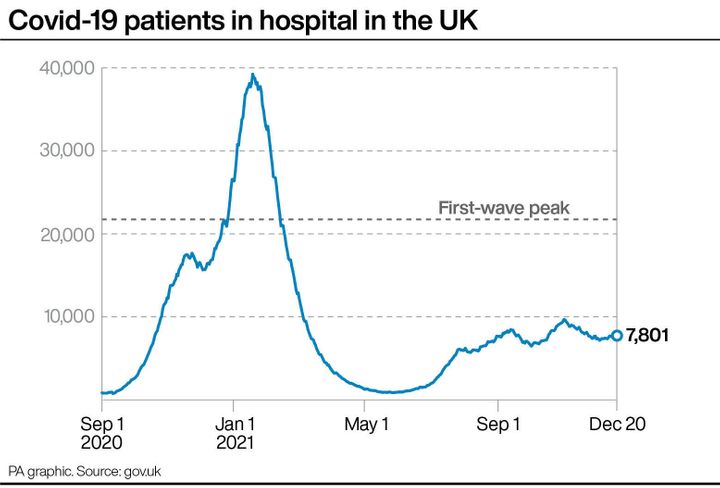
PA GraphicsPress Association Images
Why does this matter?
If hospitalisation numbers become too high in London, that suggests the rest of the country would soon follow suit.
As prime minister Boris Johnson has explained, scientists are still not clear how severe Omicron can be in some people who get infected.
Without this knowledge the government does not want to press on with introducing further restrictions.
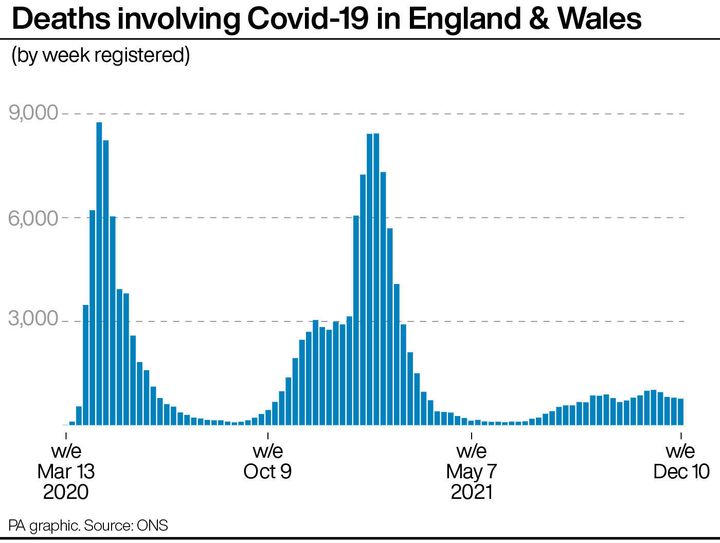
PA GraphicsPress Association Images
How hopeful should we be?
It’s important to note that hospitalisations lag behind infection rates by approximately two weeks.
But, as Omicron tightened its grip on London at the start of December, there is a chance that the low hospital admission rate may indicate the new variant truly isn’t as severe as the previous strains.
Covid rates in London hospitals are much lower than those at the end of 2020, when Johnson announced the UK’s third lockdown.
Advertisement
Approximately 1,904 people are in hospital now compared to 3,367 last year.
The World Health Organisation’s professor Paul Hunter told The Times that current Omicron infections were less than half of the original forecast – expected to be at 200,000 positive cases a day by 20 December.
He added: “It’s possible that something is changing with the epidemiology of Omicron – it’s possible that it’s not growing at the rate that it was.”
What else could impact the UK’s Omicron response?
London’s infection rate is not the only factor which will influence the government’s Covid response, especially as the variant spread rapidly through the UK.
The priority is still whether or not the NHS can cope if there’s a surge in cases, especially if some healthcare workers are off sick themselves with the virus.
Cases across the UK seems to have stabilised at approximately 90,000 for the sixth day in a row, too, despite the concerning situation in London.






